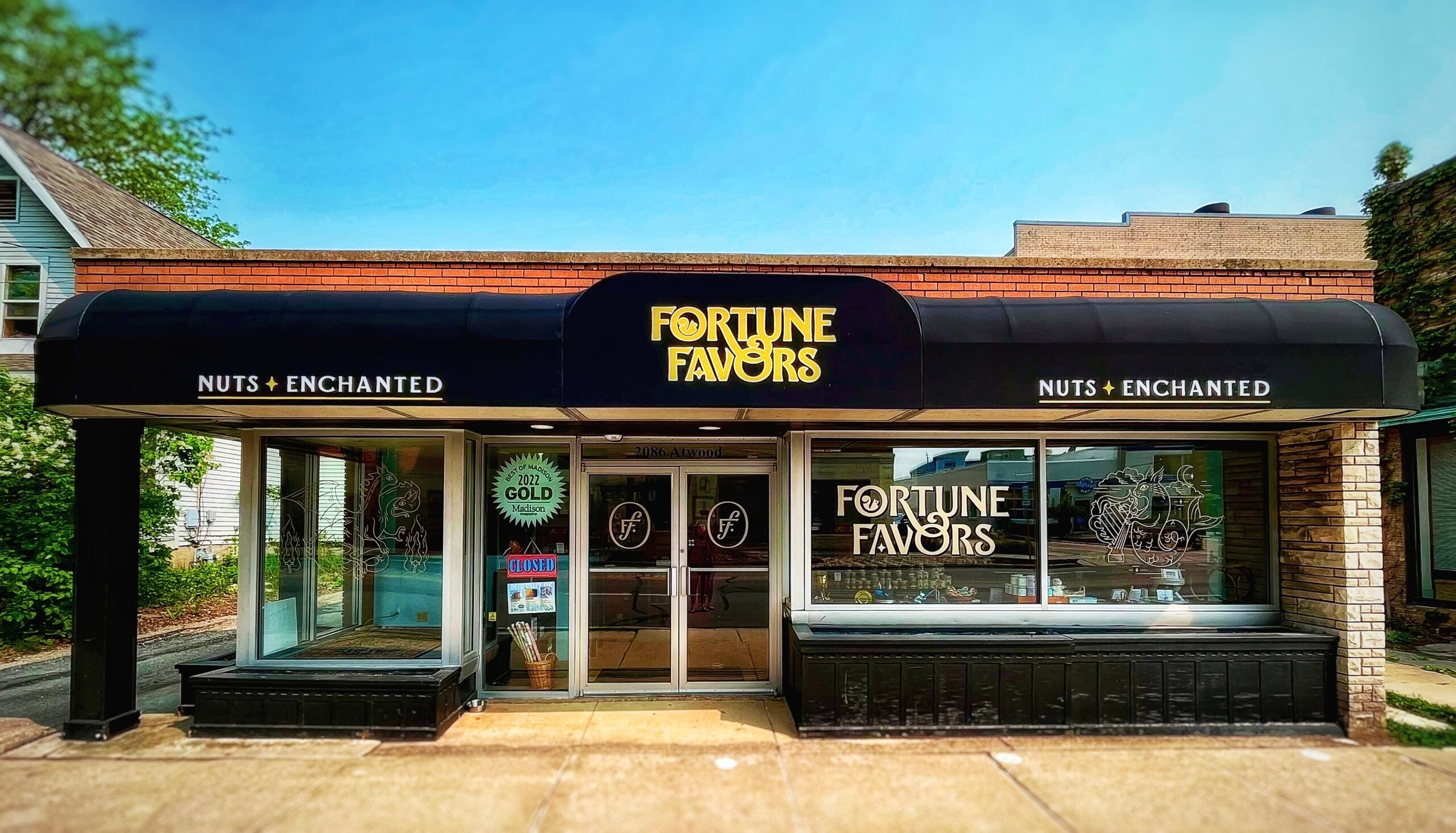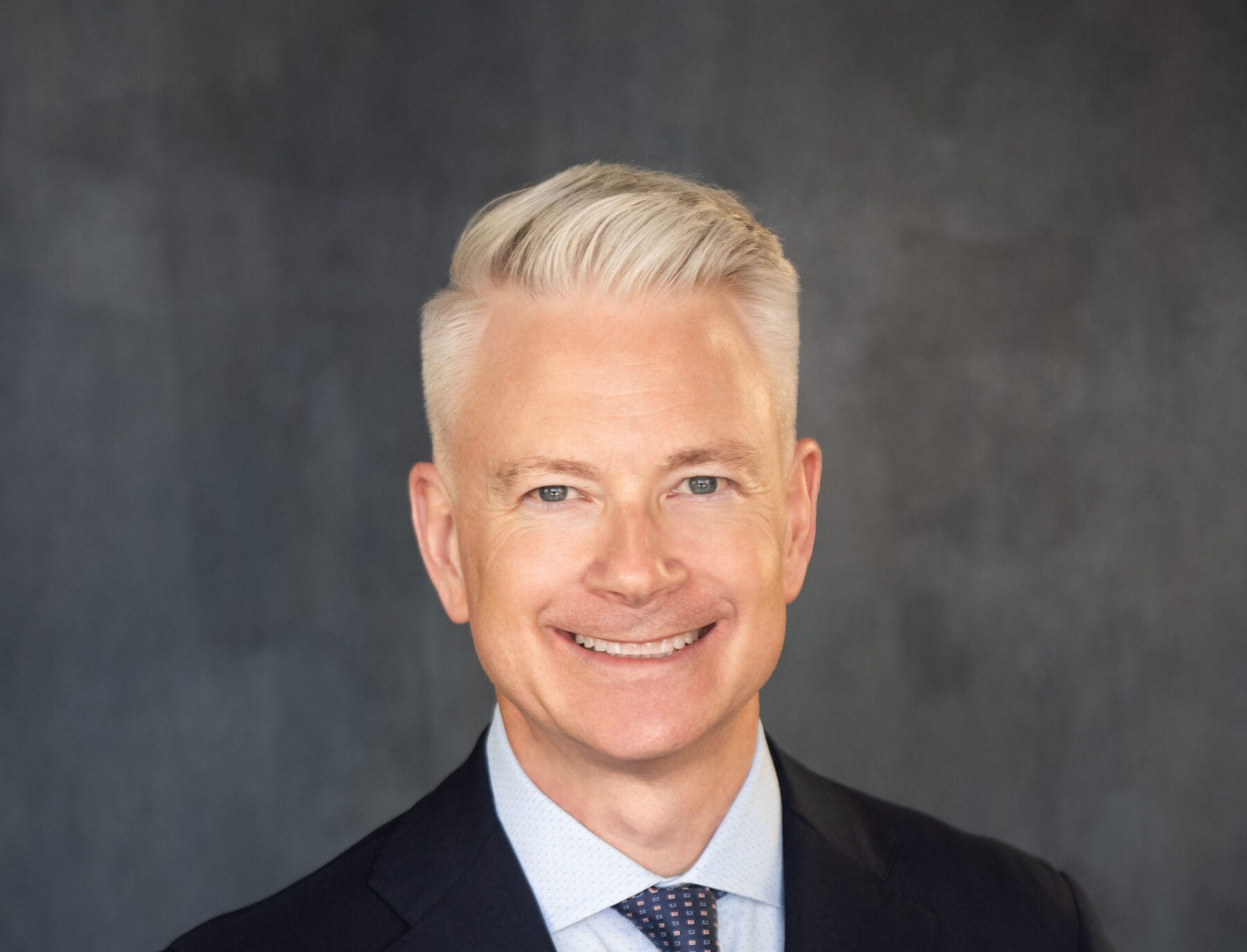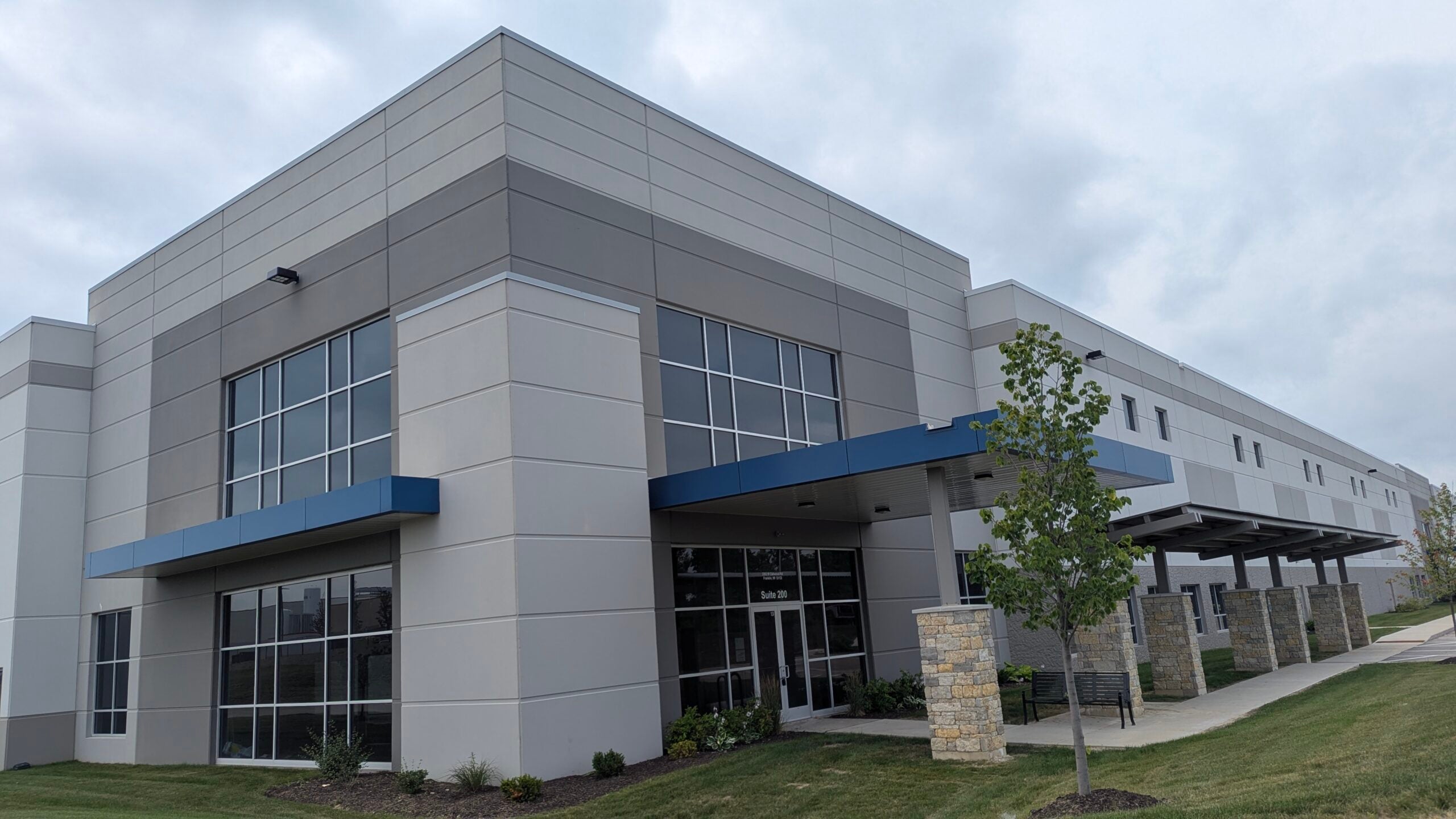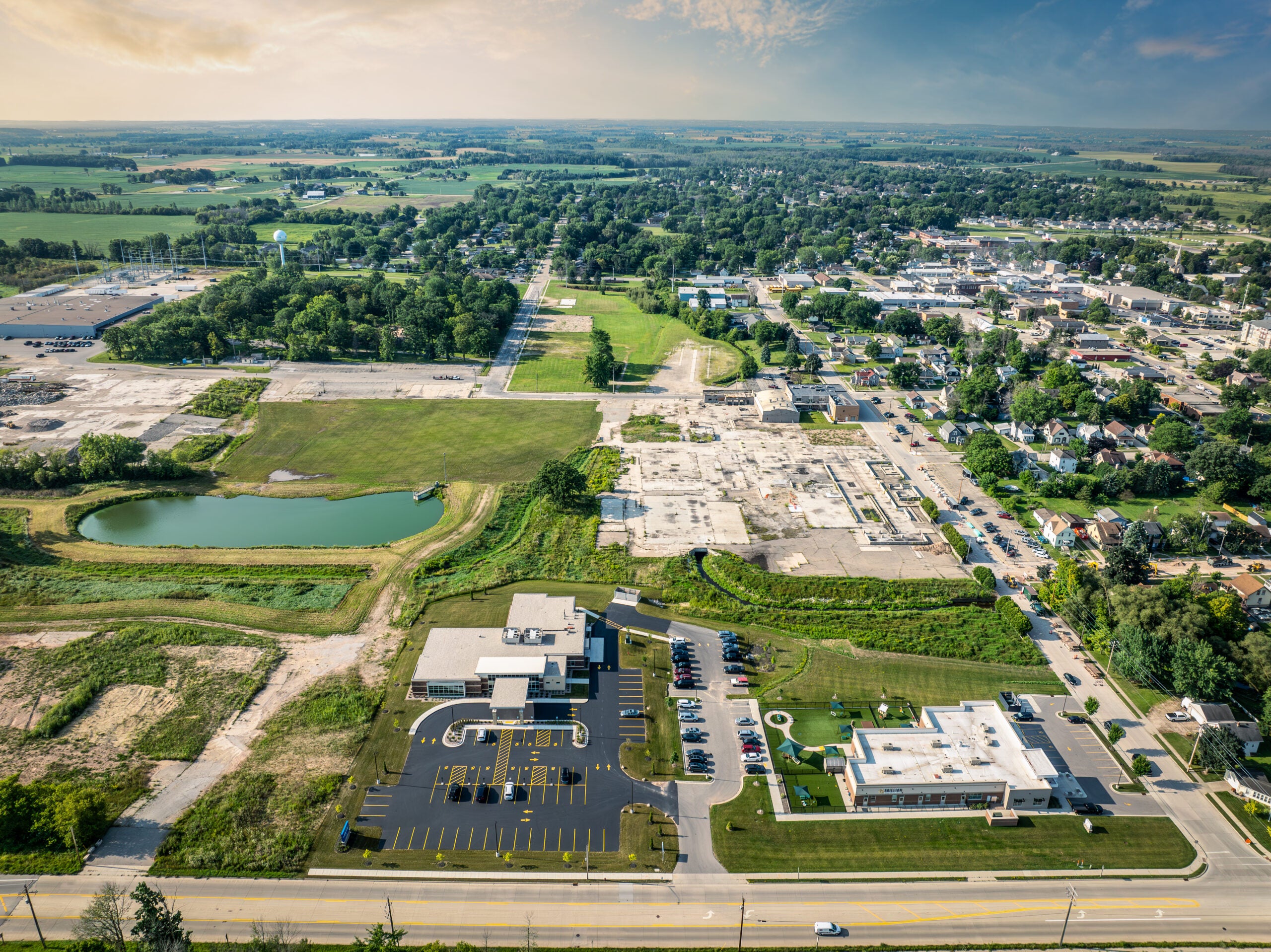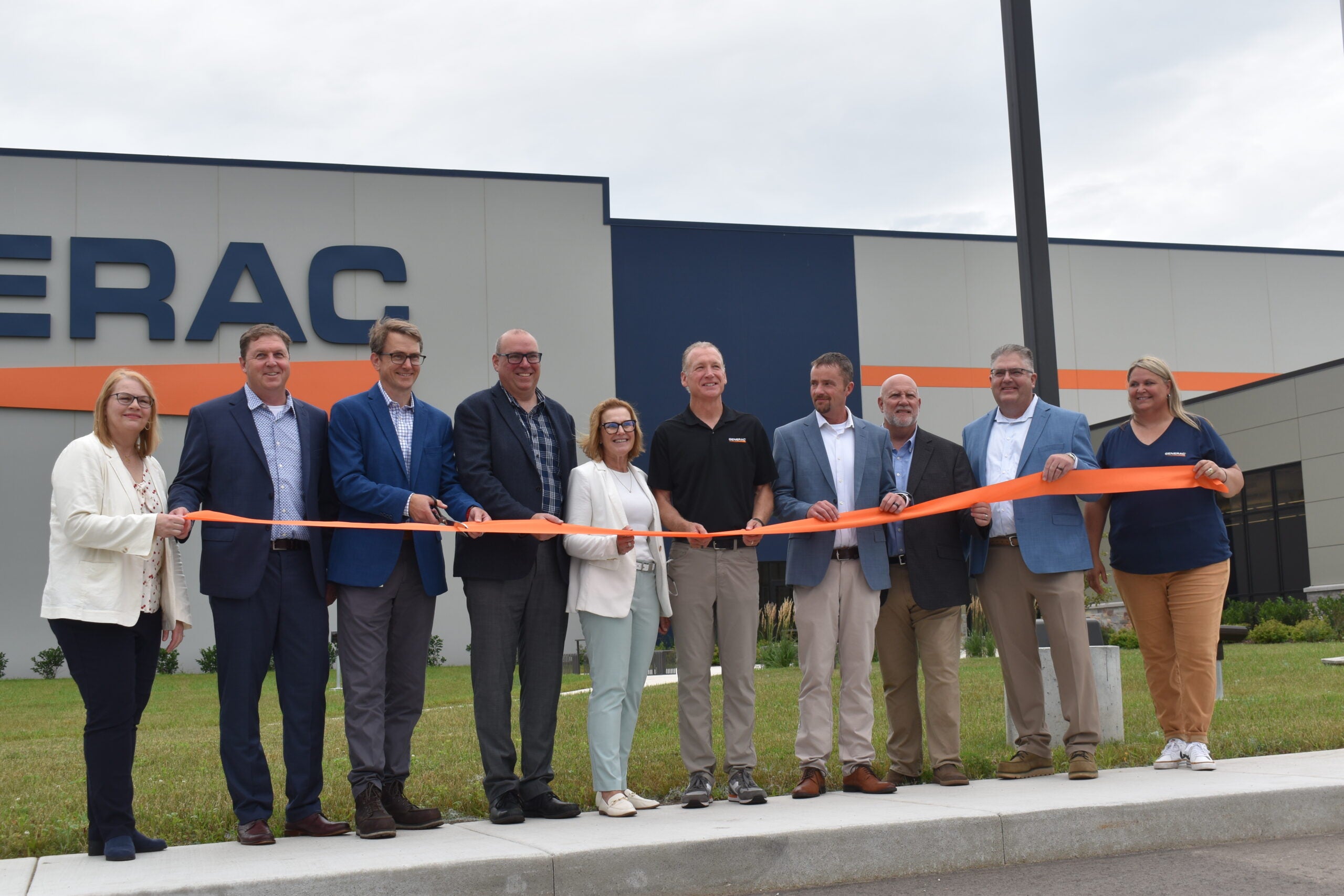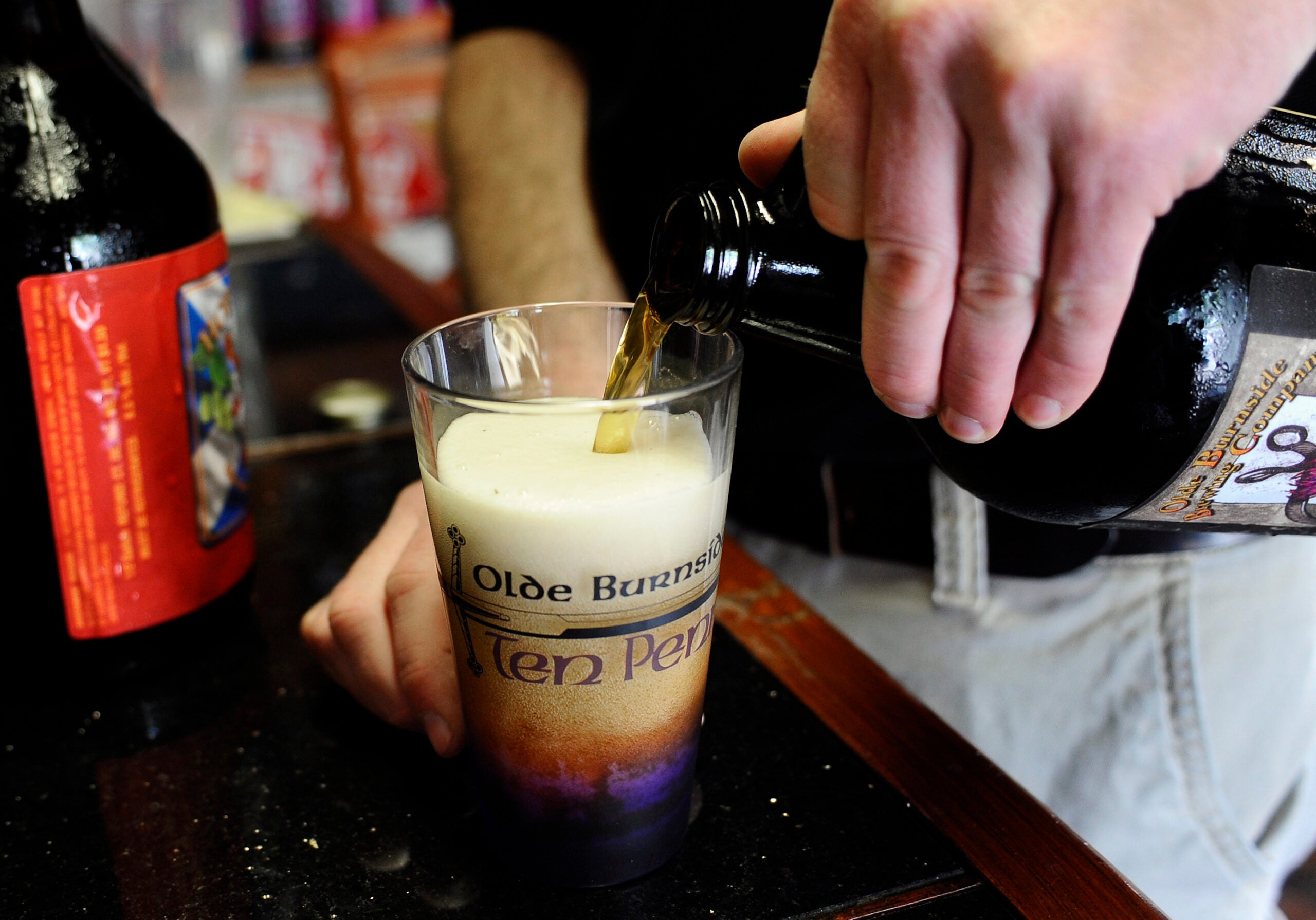Fortune Favors is aiming to expand. With a new production facility in Cottage Grove and a deal with Whole Foods for greater distribution, the Madison-based company is seeking to make up to 1 million pounds of candied pecans annually.
The five-year-old company is also using a new name. In an interview with The Cap Times, founder Eric Rupert said the company dropped “Nutkrack” after reconsidering its reference to crack cocaine.
“This was five, six years ago, and it feels like the world has shifted. Now I don’t see it that way,” Rupert said.
News with a little more humanity
WPR’s “Wisconsin Today” newsletter keeps you connected to the state you love without feeling overwhelmed. No paywall. No agenda. No corporate filter.
Fortune Favors CEO Sam McDaniel recently appeared on Wisconsin Public Radio’s “The Morning Show” to talk about the company rebranding and the challenges it faces while expanding throughout the country.
This interview has been edited for brevity and clarity.
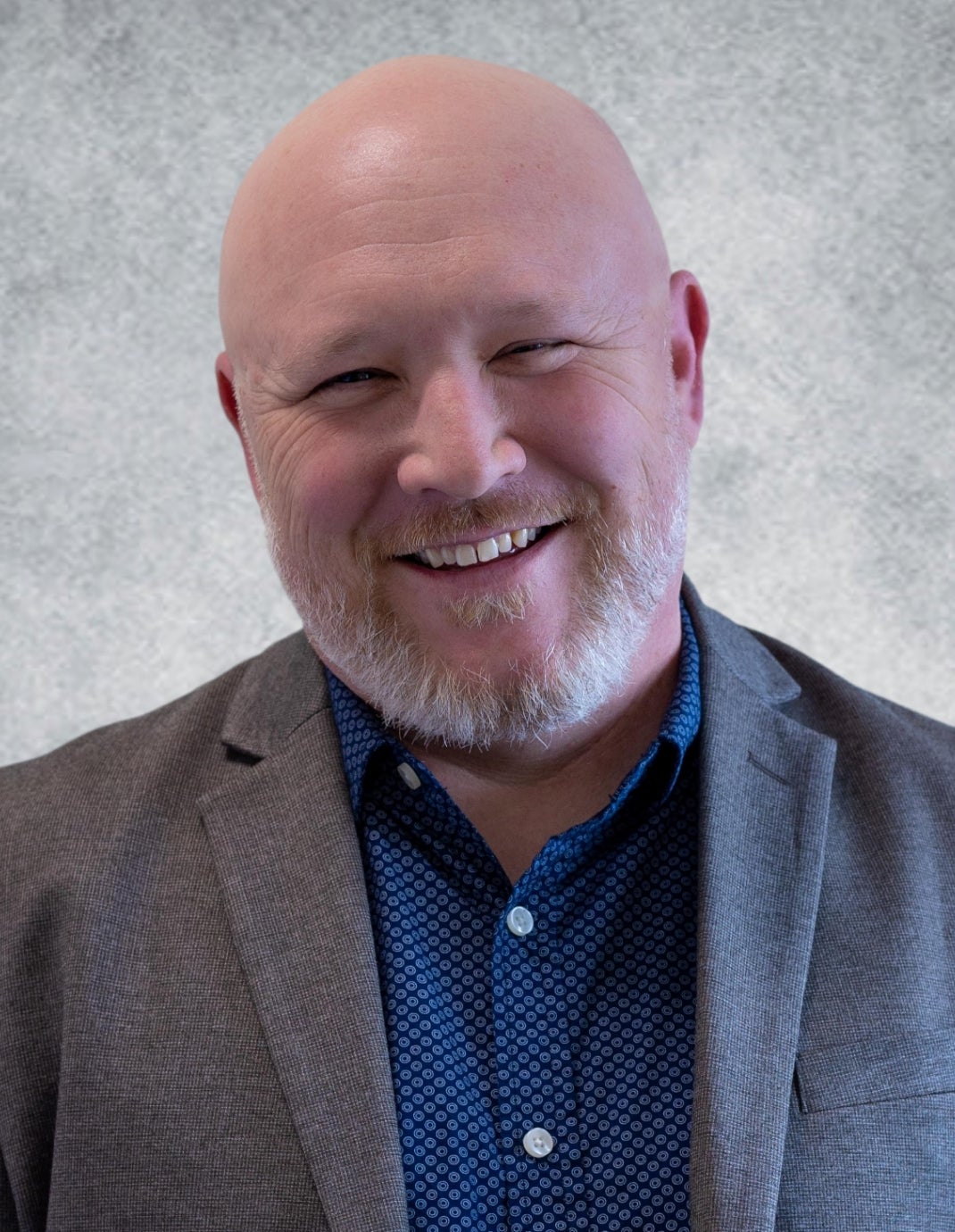
Kate Archer Kent: Your company is changing its name from Nutkrack to Fortune Favors. Does the name change risk hurting your sales and existing markets as you try to expand into new ones?
Sam McDaniel: One of the biggest challenges for any company like ours is to get people to remember you. There are all the studies (indicating that) people have to see something on their grocery shelf seven times before they remember it. Our previous packaging was really fun and really cool, but it wasn’t unified. We have three different flavors and each label looks kind of different, and they weren’t very obvious as to what was inside the can. Now we’re moving into a setup where people can tell right away. It creates this incredible billboard effect on the shelf.
We know that some (customers) are already telling us they liked our old stuff better, but they also are not going anywhere. But the bigger risk is to not be willing to change. That’s what happens with a lot of small companies like us, is that they get pretty far down the spending road, and it’s too late.
Be willing to make iteration after iteration after iteration. And if you feel like it’s the time to go ahead, do it sooner than later. And listen to the people who buy your product. It’s nice to get advice from friends and to get advice from other industry professionals, but the people who buy your product are the ones who are going to decide what happens.
KAK: Can you explain where your pecans come from? Are they made in Wisconsin? What is your supply chain like?
SM: We are pretty picky about where we buy from. In the past three years, all of our pecans have come from one family growing operation in New Mexico. As with other commodities, it depends on where the crop is best. We’re going to have a lot of Georgia pecans in this production year that’s about to start.
KAK: What is challenging to get the products on supermarket shelves?
SM: At the highest levels, it’s incredibly expensive. We talk with people who tell us that to launch a single product in a national grocer — if you think of Kroger and all their banners — one single (product) is going to cost you $1 million to $1.5 million to launch. Starting smaller and using some of the retailers who are more focused on small brands is really the way. The members of the co-op movement are a huge help. And we have a plethora of great local grocers in Wisconsin.
It’s really about getting people to try your product and getting them to help you do the work, to get your customers to go in and say, “Hey, we would love it if you carried Fortune Favors.” … We got into Whole Foods through their local producer program. And that’s still the number one banner in the country where people will discover new products in categories like ours. Getting into those local programs where you can almost guarantee support — we knew people were going to go to Madison and Milwaukee Whole Foods stores and buy our product.
KAK: How could state lawmakers or other entities help Wisconsin become a better place for expanding businesses?
SM: Looking at it from a cost of living is really the key. The most difficult thing for all of us right now is finding and hiring people. A lot of that has to do with the fact that it’s really difficult for people to afford to live in some of the cities where a lot of this start-up action is happening. Just having child care available for employees. It’s having public transportation so people can get to work. It’s having accessible funding for companies that are doing the right things as far as how they approach their hiring with paying a living wage and providing benefits.
A lot of times there’s the idea that lower taxation is going to help everybody the most, that the companies will be able to then reinvest that money. But we’re not a massive company where a lower tax rate is going to be the thing for us. Providing child care for our employees so they can do what they want to do as far as their work life is really a much bigger deal.
Wisconsin Public Radio, © Copyright 2026, Board of Regents of the University of Wisconsin System and Wisconsin Educational Communications Board.

